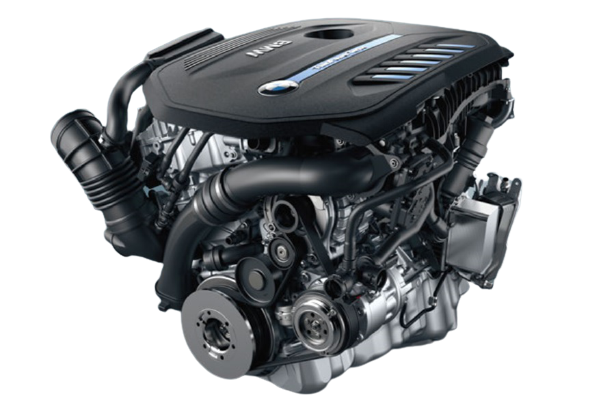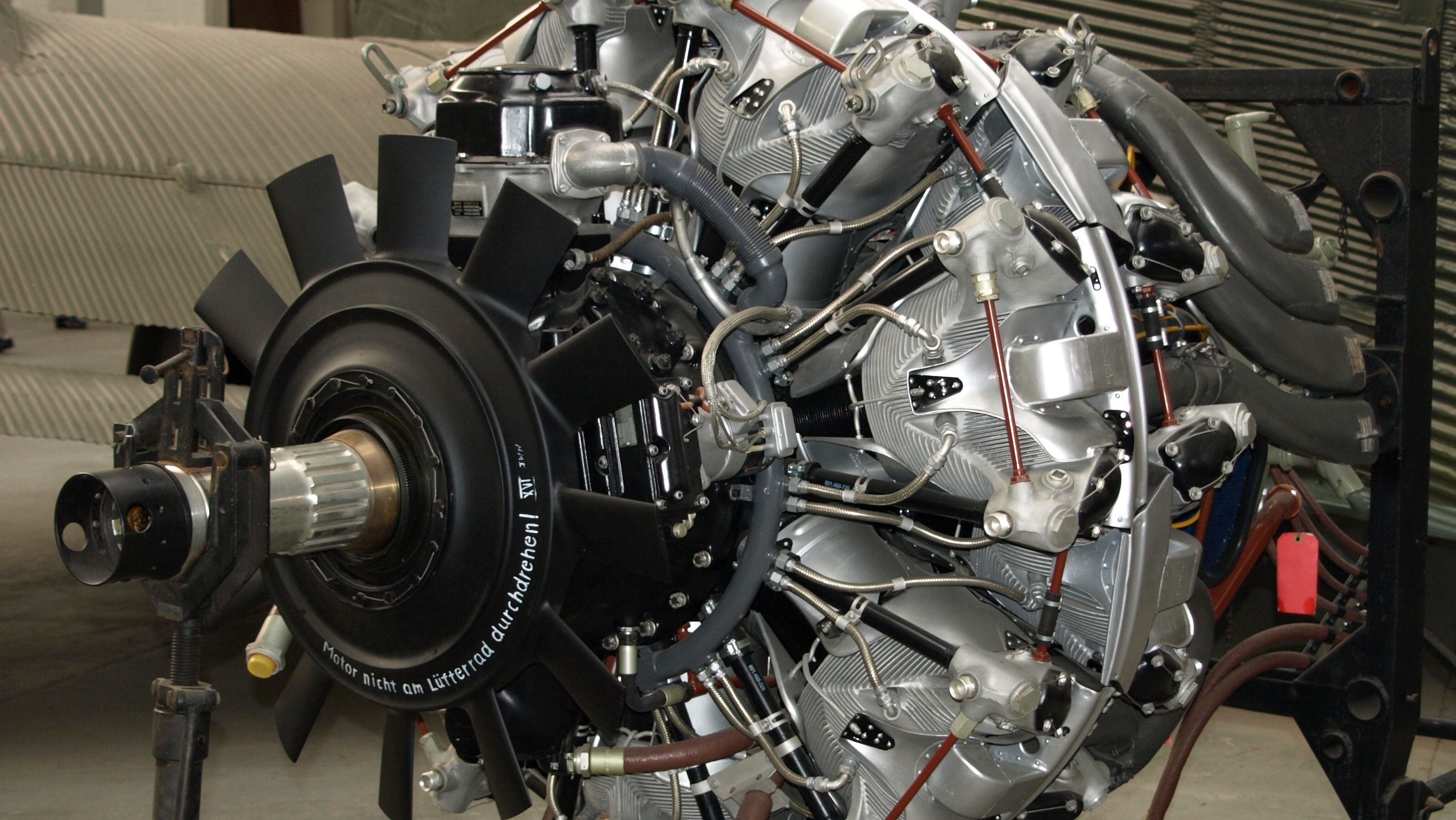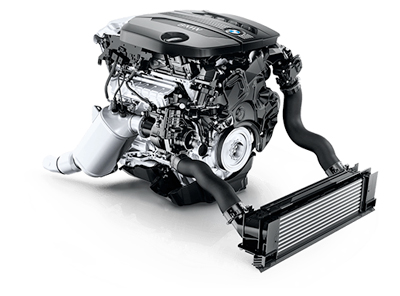A Beginner's Guide to Selecting the Right BMW Engine for Your Requirements
A Beginner's Guide to Selecting the Right BMW Engine for Your Requirements
Blog Article
Introducing the Intricacies of Next-Generation Power Units: a Deep Study Advanced Engine Technologies and styles
In the world of vehicle engineering, the unrelenting quest of sustainability, performance, and efficiency has thrust the evolution of power devices to unprecedented heights. As we depend on the precipice of a brand-new period in transportation, the ins and outs of next-generation engine designs beckon us to explore the advanced technologies and technologies that promise to redefine the driving experience. From advanced materials that press the borders of durability and weight decrease to sophisticated turbocharging and turbo charging systems that raise power result to brand-new degrees, each component of these power systems holds an essential to opening the future of vehicle engineering. Diving deeper right into the realms of exhaust control, intelligent engine management systems, and the horizon of power system advancement, we discover ourselves on the cusp of an improvement that promises to reshape the landscape of mobility as we understand it.
Advancement of Engine Products

The change towards progressed engine materials has additionally made it possible for designers to design engines with higher power results while keeping gas efficiency criteria. The use of lightweight materials reduces the total weight of the engine, leading to enhanced gas economic climate and reduced emissions. Additionally, innovations in materials modern technology have enabled far better thermal administration within engines, resulting in raised reliability and durability.
Turbocharging and Supercharging Technologies
Exactly How do Turbocharging and Supercharging Technologies transform engine efficiency and efficiency in modern-day cars? Turbo charging and turbocharging are technologies that significantly enhance engine performance by enhancing the quantity of air intake into the burning chamber. Turbocharging accomplishes this by utilizing a turbine driven by exhaust gases to pressurize the consumption air, while turbo charging utilizes a belt- or chain-driven compressor to attain the very same result.
These innovations enable smaller sized, much more fuel-efficient engines to generate power equal to bigger ones, understood as downsizing. By requiring more air right into the cylinders, turbocharging and supercharging boost burning effectiveness, resulting in increased horsepower and torque outcome without a substantial boost in engine dimension. This leads to far better acceleration, lugging ability, and overall driving performance.
Additionally, turbocharging and supercharging add to improved gas efficiency by enabling the usage of smaller engines that take in less gas under normal driving problems - bmw engine. This mix of enhanced performance and efficiency has made turbocharging and supercharging important elements of several modern-day engine styles
Exhaust Control and Environmental Impact
With increasing global worries relating to air high quality and environmental sustainability, the execution of emission control technologies in lorries plays an essential function in reducing unsafe pollutants released right into the atmosphere. Modern lorries are geared up with sophisticated emission control systems that aid lessen the environmental impact of vehicle operations. Catalytic converters, for example, are designed to transform harmful gases such as carbon monoxide gas, nitrogen oxides, and hydrocarbons into much less unsafe materials like co2 and water vapor.
In addition, improvements in engine technology, such as the combination of exhaust gas recirculation systems and careful catalytic decrease, have actually considerably added to lowering browse around here emissions. These technologies operate in tandem to enhance burning effectiveness and minimize the launch of hazardous contaminants into the air. Additionally, the development of hybrid and electric vehicles stands for a vital action towards decreasing the total ecological footprint of the transportation sector.
Intelligent Engine Monitoring Equipment

Additionally, these systems enable cars to fulfill stringent discharges requirements without jeopardizing performance, giving an extra eco-friendly driving experience. The combination of expert system and device discovering abilities in engine administration systems proceeds to push the limits of pop over to this site what is feasible, bring about more enhancements in performance, reliability, and general automobile performance. bmw engine. As auto innovation advancements, intelligent engine administration systems will certainly play an essential duty in forming the future of transportation in the direction of a more lasting and effective instructions
Future Trends in Power Unit Growth
As intelligent engine management systems lead the way for boosted control and optimization in modern-day lorries, future fads in power system advancement are positioned to redefine the landscape of automotive propulsion modern technologies. These different power resources provide improved efficiency and efficiency while lining up with rigid environmental regulations.
An additional substantial pattern is the combination of sophisticated materials and making methods. Lightweight products such as carbon fiber and light weight aluminum are being made use of to lower total car useful site weight, enhancing gas effectiveness and performance. In addition, innovations in 3D printing and additive production are making it possible for the manufacturing of complex engine parts with greater precision and durability.
In addition, fabricated knowledge and artificial intelligence are playing an important duty in enhancing power device efficiency. These modern technologies permit real-time tracking and adaptive control, bring about much more reliable and trustworthy power delivery. On the whole, future trends in power device development are tailored in the direction of sustainability, effectiveness, and performance, driving the automotive market towards a brand-new period of propulsion innovations.

Verdict
In conclusion, the advancements in engine materials, turbocharging, exhaust control, and smart management systems have paved the method for next-generation power devices. The elaborate styles and advancements in modern-day engines display the ongoing evolution of automobile innovation.
Exploring the progressive developments in engine materials has been essential in improving the efficiency and efficiency of modern engines. Over the years, the evolution of engine materials has played a critical role in pressing the boundaries of what engines can achieve.The shift towards progressed engine materials has likewise enabled designers to design engines with higher power outcomes while keeping gas efficiency requirements.The implementation of smart engine management systems in modern-day lorries has transformed the way engines are controlled and maximized for efficiency and performance. By accumulating information in real-time and examining it with advanced algorithms, smart engine monitoring systems can adjust to driving designs, ecological elements, and engine health to maximize power result while decreasing fuel consumption and emissions.
Report this page